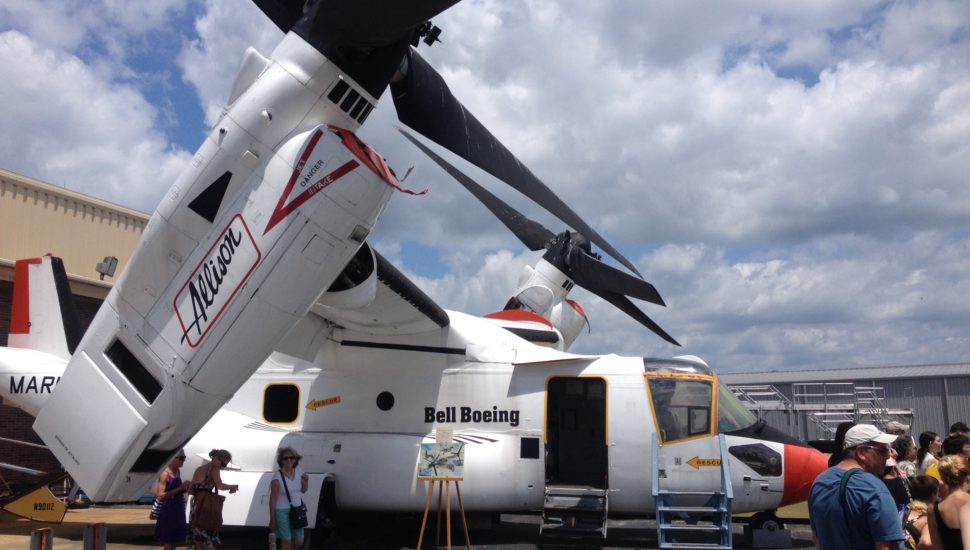Helicopter Manufacturers Showing Resilience as Markets Tighten

Despite difficult market conditions, most key helicopter manufacturers have managed to show an increase in revenue for their respective six month periods ending in July and August. The black sheep among them globally was Bell Helicopter, which showed a decrease of 16.5%, reporting its lowest revenue since 2012.

United Technologies was the first to get its revenue figures out and only reported a modest one percent increase to $2.958 billion compared to the same period in 2014. Interestingly, it managed to increase its income despite delivering 13 less completed units than in the same period last year, mainly due to customers wanting increased customization after delivery. Government contracts also boosted its bottom line with higher development sales for the Presidential Helicopter and Combat Rescue programs.
Bell’s disappointing results came in next, down from $1.992 billion to $1.663 billion for the first half of this year. Bell is also suffering from a declining backlog of orders, mostly caused by the reduction in government purchases of the V-22 Osprey tilt rotor aircraft which cut revenue by approximately$200 million.
Airbus Helicopters had strong results with revenues up 5.3% at $3.304 billion and an even more impressive increase of eight percent in earnings before interest and tax largely due to new government contracts offsetting the reduced number of new helicopters delivered.
AugustaWestland also had a reasonable first half of the year with a 3.6% increase in revenue at $2.367 billion and a very impressive gross operating margin of 12.3%. Even more importantly, it was the only company to show a positive increase in its order book for the first half of this year, registering $2.527 billion in new sales on top of its existing $14 billion order backlog.
Unsurprisingly to many on the inside, the biggest winner so far this year is Russian Helicopters which reported increased sales of 26% to $1.571 billion, a new record for the company. This is mainly due to Russia ramping up its military helicopter spending.
The results are a boost for the industry as a whole as many thought that the fall in oil prices would decimate the market, but it is proving to be more resilient, mostly due to quick adaptations to changes in the market and some lucrative government contracts. Even so, new orders were down, which may bode less well for the second half of the year.
Connect With Your Community
Subscribe to stay informed!
"*" indicates required fields








![95000-1023_ACJ_BannerAd[1]](https://vista.today/wp-content/uploads/2023/03/95000-1023_ACJ_BannerAd1.jpg)











































